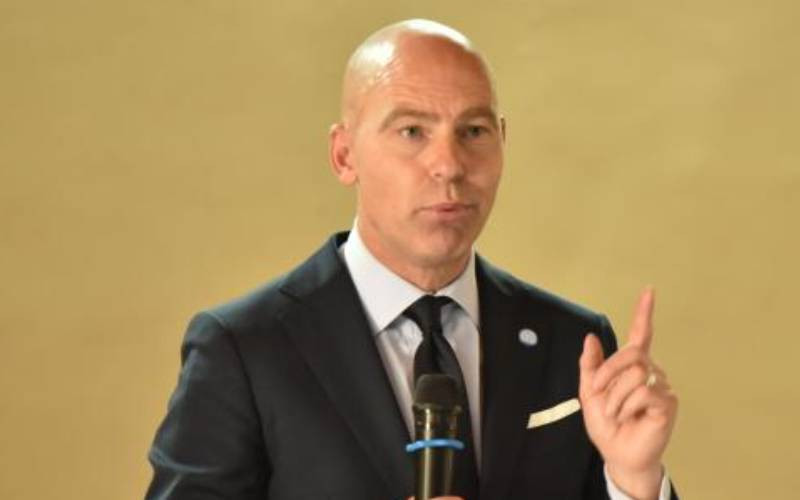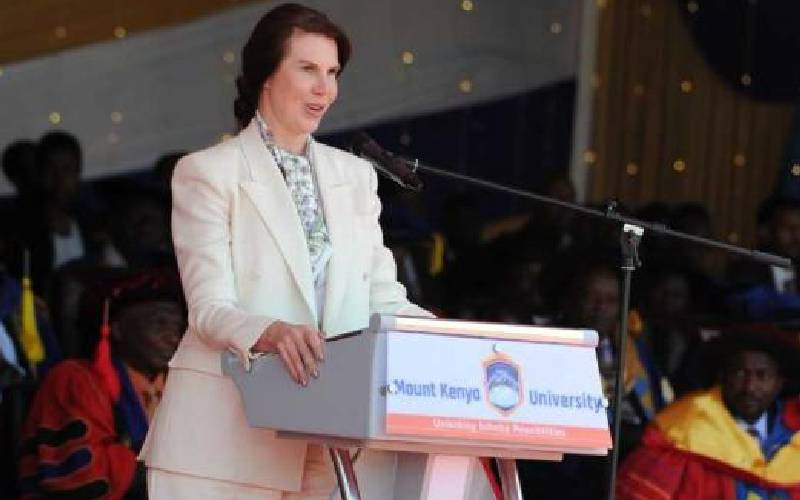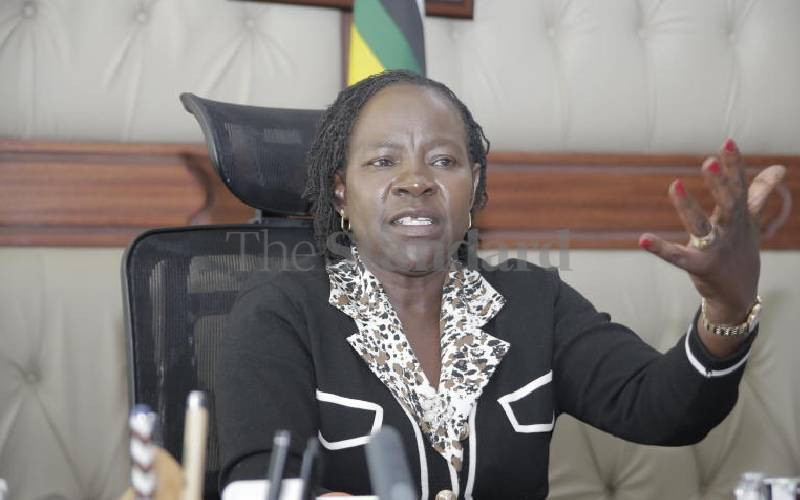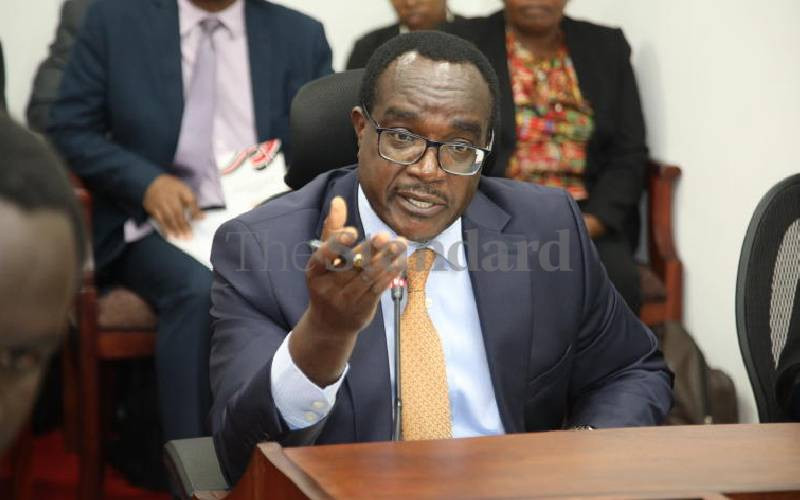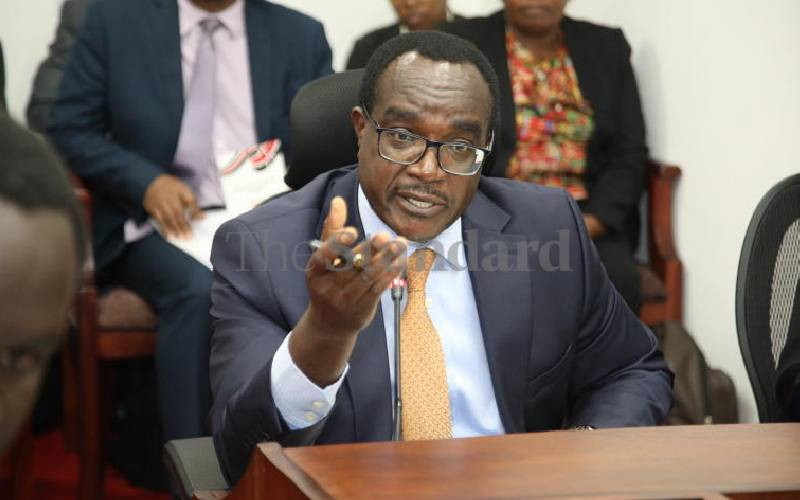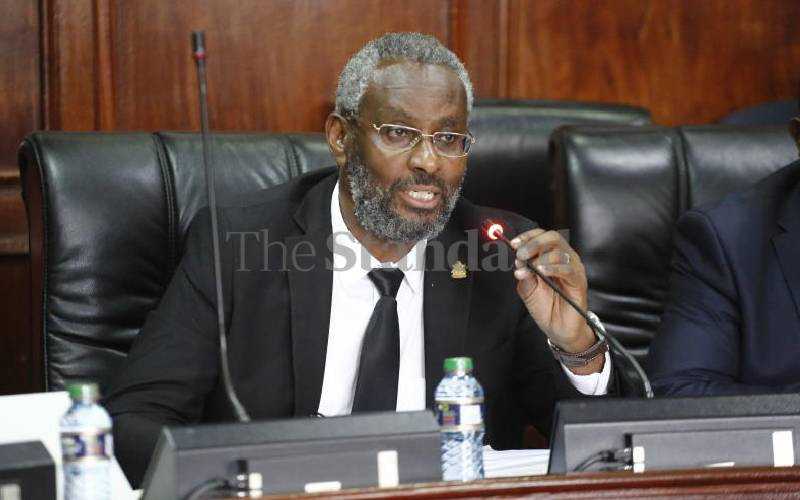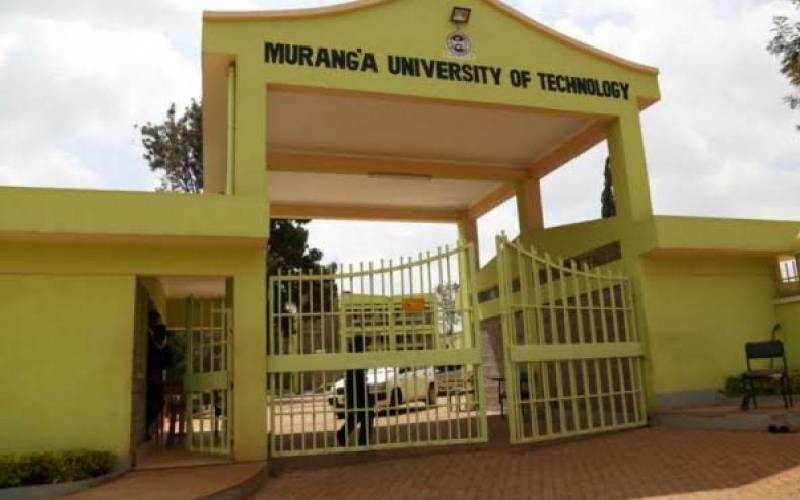
If Kenya adopts a radical proposal to stop the establishment of new universities, at least 17 counties without public institutions of higher learning may never get an opportunity to have one.
At the same time, the existing universities spread across 30 counties, might be merged or discontinued if the recommendations of the Presidential Working Party on Education Reforms (PWPER) are implemented.
In 2012, Parliament passed the University Act, which provided that every county should have at least one public university.
Section 26 of the University Act states that the Commission of University Education should ensure the establishment of public universities in each county, prioritising those without universities immediately after the Act comes into force.
However, the reform team argues in their analysis that this requirement is financially unfeasible considering the current state of affairs of the already established public universities. As a result, the team proposes the complete removal of Section 26 of the University Act, stating, "delete the whole section 26 of the University Act."
Consequently, this implies that the 17 counties mentioned may never have universities. These counties include Kwale, Tana River, Lamu, Wajir, Mandera, Marsabit, Isiolo, Makueni, Nyandarua, West Pokot, Samburu, Trans Nzoia, Elgeyo Marakwet, Baringo, Kajiado, Busia, Kajiado, and Nyamira.
The reform team strongly recommends that the government ceases the creation of new universities in these counties.
Nairobi with the majority
Currently, there are 39 public universities and constituent colleges spread across 30 counties.
Nairobi County hosts the majority of the public universities, with five: the University of Nairobi, Kenyatta University, Multimedia University, the Technical University of Kenya, and Co-operative University.
Nyeri County has three universities: Karatina, Dedan Kimathi, and Mama Ngina University College. Uasin Gishu and Kisii each have two universities.
Other counties hosting universities include Bomet, Turkana, Taita Taveta, Embu, Kilifi, Kitui, Garissa, Tharaka Nithi, Meru, Machakos, Kiambu, Murang'a, Kirinyaga, Nakuru, Laikipia, Narok, Migori, Kisumu, Siaya, Nandi, Kakamega, and Bungoma.
The reforms team has also suggested merging non-viable universities. This means that even the 30 counties that currently have public universities may see some of them transformed into campuses of larger institutions.
The team proposes that the government assess the existing institutions to determine their viability and make necessary adjustments. According to the team, this assessment will involve merging some institutions, converting others into different types of institutions such as technical colleges, and, in extreme cases, closing some institutions.
"With the massification of public universities, several challenges affecting the future and viability of the sector have arisen. Thus, there is a need for the government to ensure the sustainability of the public university sector." "Amend the University Act by inserting a new section that provides for the merger, conversion, and amalgamation of two or more public universities," the proposal reads.
If the proposal is adopted and implemented, some of the existing institutions would be converted into campuses within two years, while others would face closure. This is not the first time such a proposal has been put forward; however, on each occasion, it has faced objections from a section of stakeholders.
The proposed reforms could have significant ripple effects in the sector, potentially leading to mass job losses among the academic staff in the affected institutions.
The Ministry of Education had previously attempted to repeal the law that called for a university in every county through an amendment to the University Act, but the bill is still awaiting approval in the National Assembly. However, the ministry's efforts were opposed by university lecturers through their union representative, the University and Academic Staff Union.
Creating bias
In a presentation to the National Assembly Education Committee on October 28, 2021, UASU Secretary General Constantine Wasonga asked parliament to retain the current provision.
Wasonga said repealing the law would create bias as it favours counties that already have established universities.
Under the new arrangement proposed by the reforms team, there might be no establishment of new public universities, and the survival of the current institutions will depend on their performance. The team proposes to overturn the law that requires the establishment of at least one public university in each county.
Since the current law does not permit the closure or merger of universities, the team proposes that the first priority is to formulate laws that allow for such mechanisms.
The number of public universities has been steadily increasing since former President the Late Mwai Kibaki assumed power in 2002. When Kibaki came to power, there were only six public universities in the country but in his 10 years tenure, that number grew to 21.
 The Standard Group Plc is a multi-media organization with investments in media platforms spanning newspaper print
operations, television, radio broadcasting, digital and online services. The Standard Group is recognized as a
leading multi-media house in Kenya with a key influence in matters of national and international interest.
The Standard Group Plc is a multi-media organization with investments in media platforms spanning newspaper print
operations, television, radio broadcasting, digital and online services. The Standard Group is recognized as a
leading multi-media house in Kenya with a key influence in matters of national and international interest.

